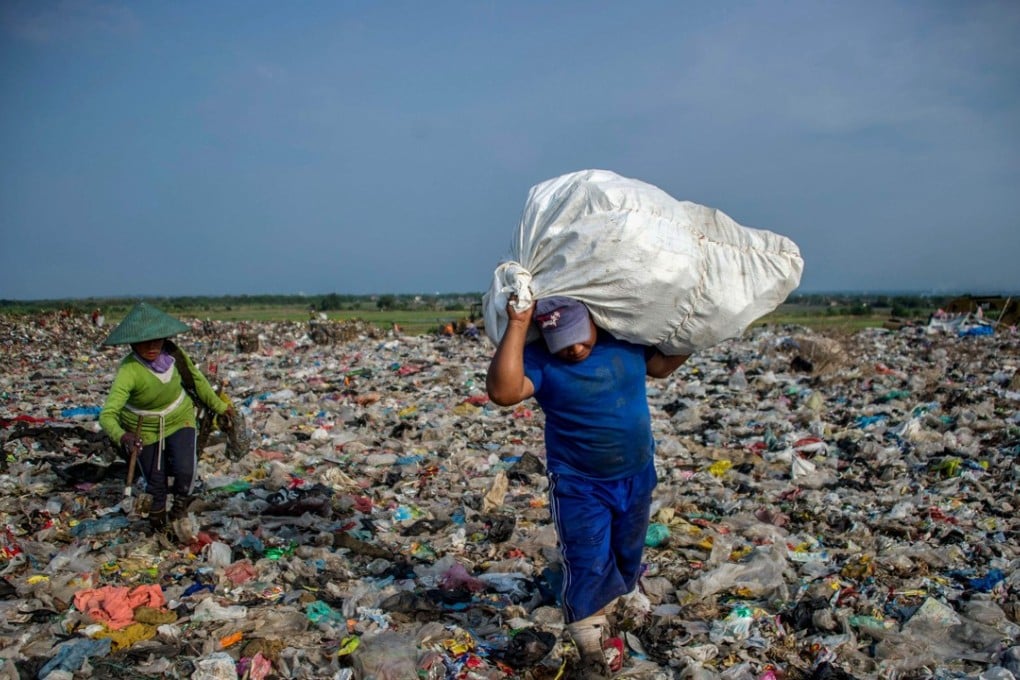Advertisement
Why giving up your plastic straw won’t save the planet
Anson Au says people in Hong Kong and elsewhere should come together to hold governments and large corporations responsible for environmental degradation, rather than focusing on lifestyle changes at the individual level that have barely any impact
Reading Time:4 minutes
Why you can trust SCMP

Last month, after China announced its decision to refuse the import of further plastic waste from about half the world, activists, athletes, scholars and writers have all put out a call to action for Hong Kong citizens to phase plastic out of our lives.
Local organisations like Eco Drive have since urged Hongkongers to re-evaluate our lifestyles and reduce plastic consumption in our daily habits. Small changes make a big difference, goes the refrain, as lifestyle guides invent new ways to tweak our habits in an apparent bid to save the planet, from how we purchase our coffee to keeping track of the number of shopping bags we use and even carrying our own spoons, straws, containers and the like.
But we’re missing the forest for the trees. The fault of climate change and environmental destruction, and the key to reversing them, doesn’t lie with us as consumers. If we look closely at China’s decision, it is apparent that the environmental consequences of how resources are managed doesn’t concern what we as individuals decide to do with them. It’s about what corporations and governments decide to do.
Advertisement
From as early as the 1970s, oil companies like Exxon and Shell discovered through their own scientific research on the climate effects of fossil fuel use that these were causing climate change. Exxon scientist Henry Shaw estimated that global temperatures would increase by 3 degrees Celsius and carbon dioxide emissions would double in the atmosphere.
Advertisement
The forecast was grave: the world would experience catastrophic effects as early as the first half of the 21st century. After discovering the results, oil companies hid their research and began a decades-long crusade against environmental protection. They publicly debased climate science and politically lobbied against any effort to lower greenhouse emissions.
Advertisement
Select Voice
Select Speed
1.00x